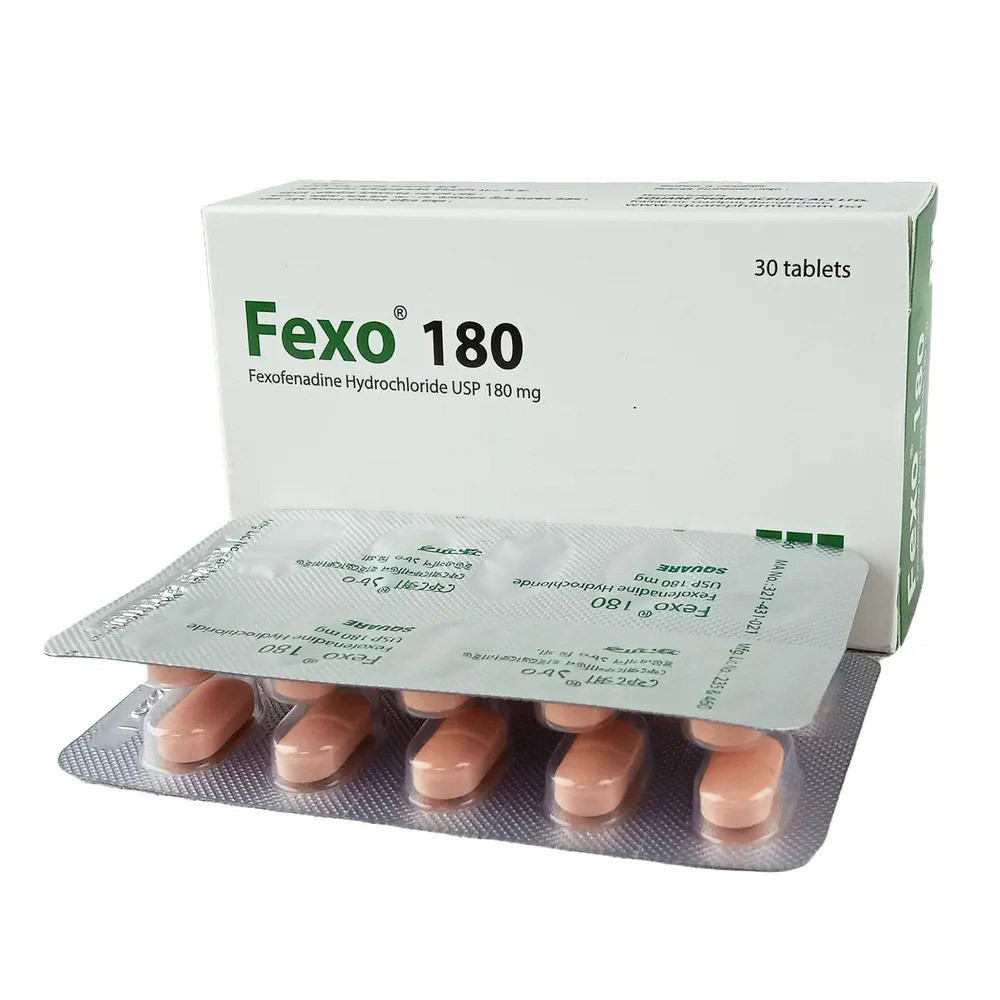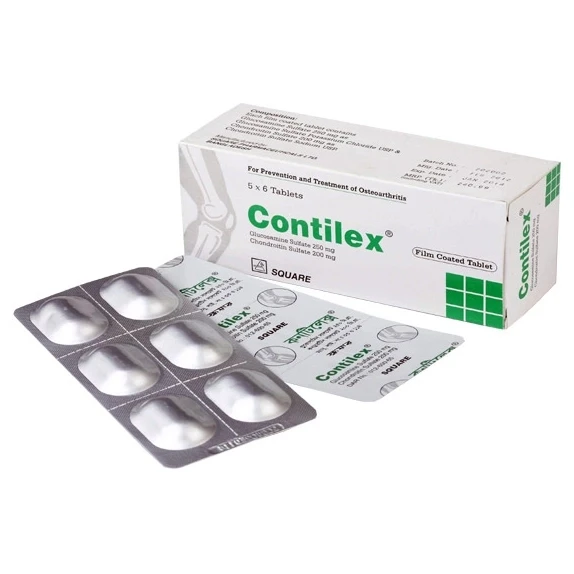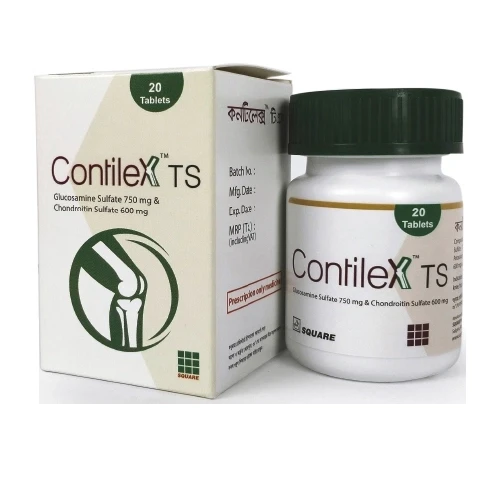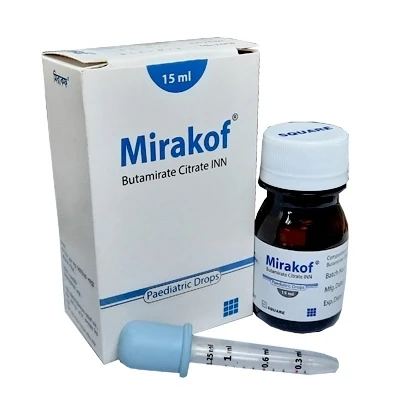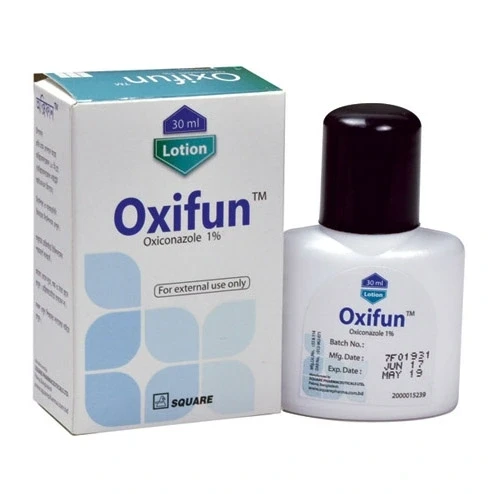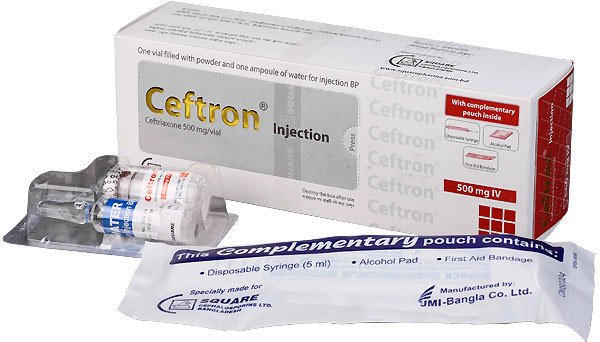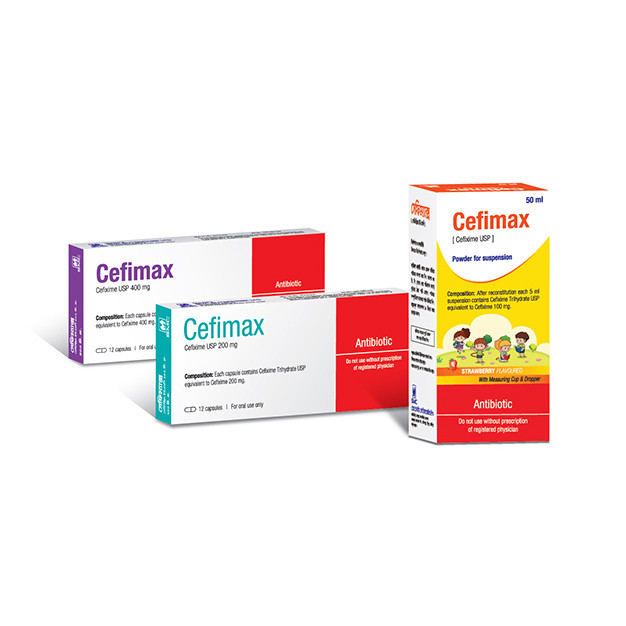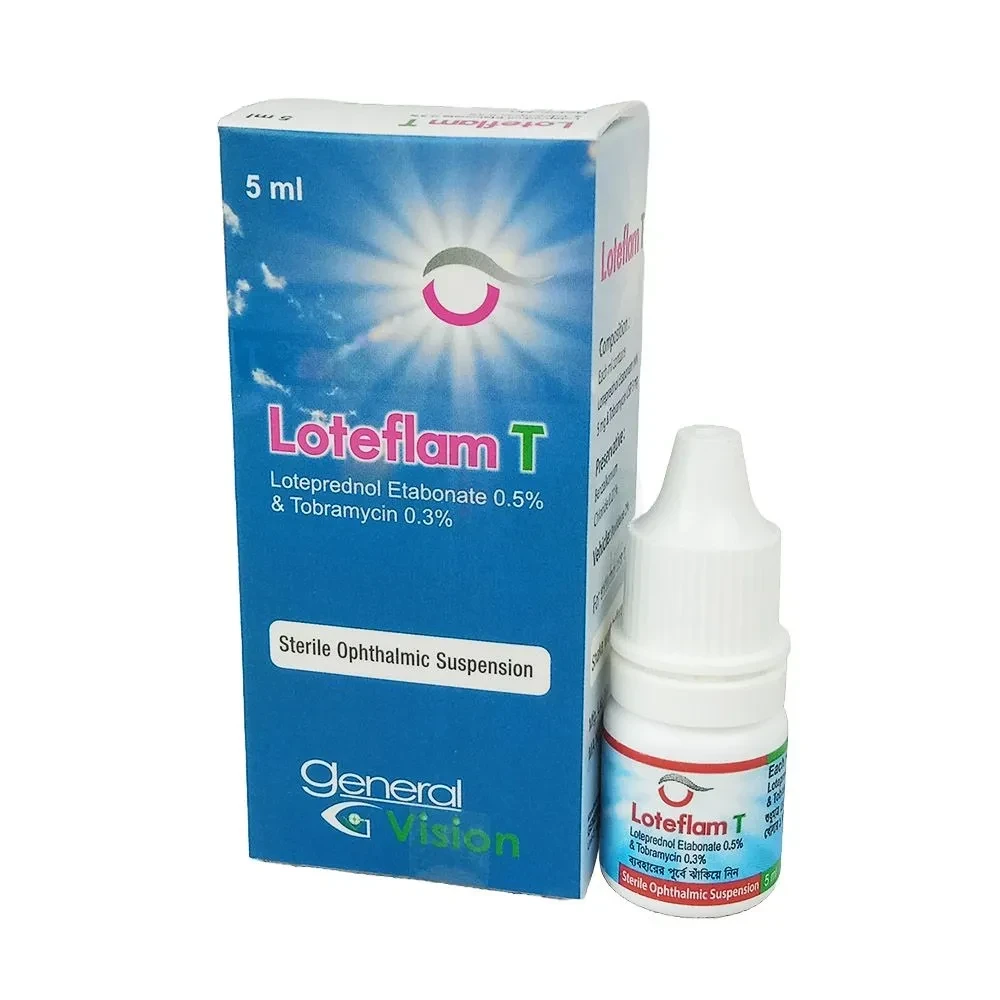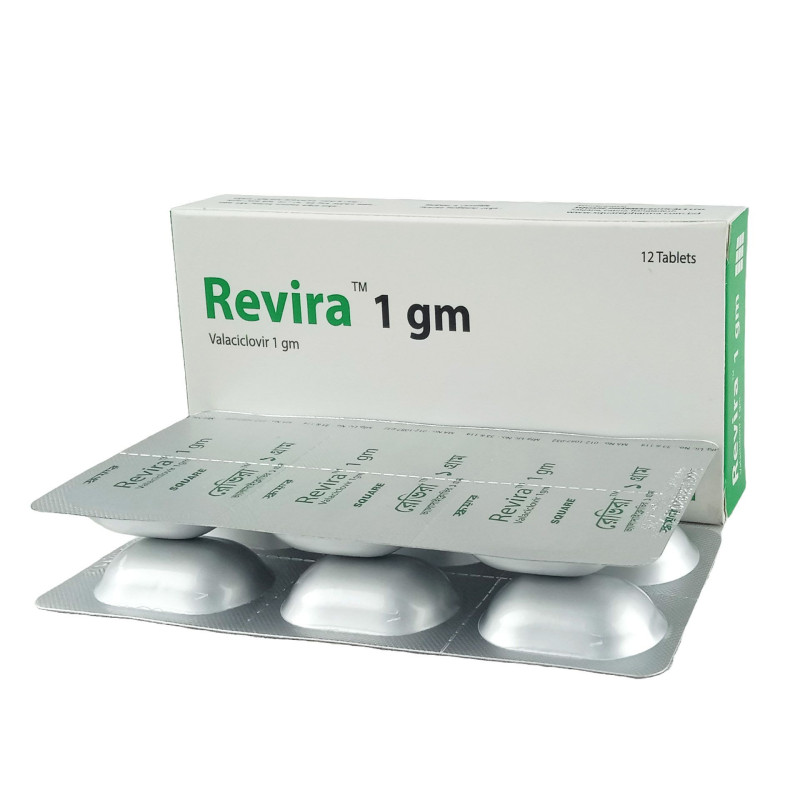

Revira Tablet, Valacyclovir 1 gm
Inhouse product
-
৳11.40
৳12.00 -
৳42.75
৳45.00 -
৳16.63
৳17.50 -
৳2.14
৳2.25
Reviews & Ratings
Indications
Varicella zoster virus
(VZV) infections: Revira is indicated for the treatment of herpes zoster
(shingles) and ophthalmic zoster in immunocompetent adults. It also is
indicated for the treatment of herpes zoster in adult patients with mild or
moderate immunosuppression. Herpes simplex virus (HSV) infections.
Treatment and suppression of HSV infections of the skin and mucous membranes
including:
- Treatment of first-episode of
genital herpes in immunocompetent adults and adolescents and in
Immunocompromised adults
- treatment of recurrences of
genital herpes in immunocompetent adults and adolescents, and in
immunocompromised adults
- suppression of recurrent
genital herpes in immunocompetent adults and adolescents and in
immunocompromised adults
- Treatment and suppression of
recurrent ocular HSV infections.
- Cytomegalovirus (CMV)
infections: Revira is indicated for the prophylaxis of CMV infection and
disease following solid organ transplantation in adults and adolescents.
* রেজিস্টার্ড চিকিৎসকের পরামর্শ মোতাবেক ঔষধ সেবন করুন'
Pharmacology
Valacyclovir is the
hydrochloride salt of L-valyl ester of the antiviral drug acyclovir.
Valacyclovir is an antiviral drug. It slows the growth and spread of the herpes
virus so that the body can fight off the infection. Valacyclovir lessens the
symptoms of infections and shortens the length of time of sickness.
Valacyclovir is used in the treatment and suppression of genital herpes,
shingles and cold sores.
Dosage &
Administration
Varicella zoster virus
(VZV) infections- herpes zoster: Patients should be advised to start treatment as soon as
possible after a diagnosis of herpes zoster. There are no data on treatment
started more than 72 hours after onset of the zoster rash. Immunocompetent
Adults: The dose in immunocompetent patients is Valacyclovir 1000mg (1
Valacyclovir 1000mg tablet) three times daily for 7 days (3000mg total daily
dose).
Immunocompromised
Adults: The dose in
immunocompromised patients is Valacyclovir 1000mg (1 Valacyclovir 1000mg
tablet) 3 times daily for at least 7 days (3000mg total daily dose) and for 2
days following crusting of lesions. In immunocompromised patients, antiviral
treatment is suggested for patients presenting within one week of vesicle
formation or at any time before full crusting of lesions.
Treatment of herpes
simplex virus (HSV) infections in adults and adolescents (>12 years): Immunocompetent Adults and Adolescents (³12
years): The dose is Valacyclovir 500mg (1 Valacyclovir 500mg tablet) to be
taken twice daily (1000mg total daily dose). This dose should be reduced
according to creatinine clearance. For recurrent episodes, treatment should be
for 3 to 5 days. For initial episodes, which can be more severe, treatment may
have to be extended to 10 days. Dosing should begin as early as possible. For
recurrent episodes of herpes simplex, this should ideally be during the
prodromal period or immediately upon appearance of the first signs or symptoms.
Valacyclovir can prevent lesion development when taken at the first signs and
symptoms of an HSV recurrence.
Herpes labialis: For herpes labialis (cold sores),
Valacyclovir 2000mg (2 Valacyclovir 1000mg tablet) twice daily for one day is
effective treatment in adults and adolescents. The second dose should be taken
about 12 h (no sooner than 6 h) after the first dose. This dose should be
reduced according to creatinine clearance. When using this dosing regimen,
treatment should not exceed one day, since this has been shown not to provide
additional clinical benefit. Therapy should be initiated at the earliest
symptom of a cold sore (e.g. tingling, itching or burning).
Immunocompromised
Adults: The dosage is
Valacyclovir 1000mg (1 Valacyclovir 1000mg tablet) twice daily for at least 5
days, following assessment of the severity of the clinical condition and
immunological status of the patient. For initial episodes, which can be more
severe, treatment may have to be extended to ten days. Dosing should begin as
early as possible. This dose should be reduced according to creatinine
clearance. For maximum clinical benefit, the treatment should be started within
48 hours. A strict monitoring of the evolution of lesions is
advised.Suppression of recurrences of herpes simplex virus (HSV) infections in
adults and adolescents (12 years)
Immunocompetent Adults
and Adolescents (12 years):
The dose is Valacyclovir 500mg (1 Valacyclovir 500mg tablet) to be taken once
daily. Some patients with very frequent recurrences (10/year in absence of
therapy) may gain additional benefit from the daily dose of Valacyclovir 500mg
(1 Valacyclovir 500mg tablet) being taken as a divided dose (250mg twice
daily). Treatment should be re-evaluated after 6 to 12 months of therapy.
Immunocompromised
Adults: The dose is
Valacyclovir 500mg (1 Valacyclovir 500mg tablet) twice daily. Treatment should
be re-evaluated after 6 to 12 months of therapy. Prophylaxis of
cytomegalovirus (CMV) infection and disease in adults and adolescents (12
years) The dosage of Valacyclovir is 2000mg (2 Valacyclovir 1000 mg
tablet) four times a day, to be initiated as early as possible post-transplant.
This dose should be reduced according to creatinine clearance.The duration of
treatment will usually be 90 days, but may need to be extended in high-risk
patients.
* রেজিস্টার্ড চিকিৎসকের পরামর্শ মোতাবেক ঔষধ সেবন করুন'
Interaction
The combination of Revira
with nephrotoxic medicinal products should be made with caution, especially in
subjects with impaired renal function, and warrants regular monitoring of renal
function. This applies to concomitant administration with aminoglycosides,
organoplatinum compounds, iodinated contrast media, methotrexate, pentamidine,
foscarnet, ciclosporin, and tacrolimus. Aciclovir is eliminated primarily
unchanged in the urine via active renal tubular secretion. Following 1000mg
Revira, cimetidine and probenecid reduce aciclovir renal clearance and increase
the AUC of aciclovir by about 25% and 45%, respectively, by inhibition of the
active renal secretion of aciclovir. Cimetidine and probenecid taken together
with Revira increased aciclovir AUC by about 65%. Other medicinal products
(including e.g. tenofovir) administered concurrently that compete with or
inhibit active tubular secretion may increase aciclovir concentrations by this
mechanism. Similarly, Revira administration may increase plasma concentrations
of the concurrently administered substance. In patients receiving higher
aciclovir exposures from Revira, caution is required during concurrent
administration with drugs which inhibit active renal tubular secretion.
Increases in plasma AUCs of aciclovir and of the inactive metabolite of
mycophenolatemotefil have been shown when the drugs are co-administered. No
changes in peak concentrations or AUCs are observed with co-administration of
Revira and mycophenolatemofetil in healthy volunteers. There is limited
clinical experience with the use of Revira.
Contraindications
Hypersensitivity to
Valacyclovir or aciclovir or any of the excipients.
Side Effects
The most common side
effects reported in at least one indication by patients treated with Revira in
clinical trials were headache and nausea. Other side effects include: Blood and
lymphatic system disorders: leucopenia, thrombocytopenia, Leucopenia is mainly
reported in immunocompromised patients. Immune system disorders: Anaphylaxis.
Psychiatric and nervous system disorders: Dizziness, confusion, hallucinations,
decreased concentrations, tremor, agitation, ataxia, dysarthria, convulsions,
encephalopathy, coma, psychotic symptoms. Respiratory disorders: Dyspnea.
Gastrointestinal disorders: Vomiting, diarrhea, abdominal discomfort.
Hepato-biliary disorders: Reversible increases in liver function tests. Skin
and subcutaneous tissue disorders: Rashes including photosensitivity, pruritus,
urticaria. Renal system disorders: Renal pain, renal impairment (especially in
elderly patients or in patients with renal impairment receiving higher than the
recommended doses). Renal pain may be associated with renal failure.
Pregnancy &
Lactation
A limited amount of
data on the use of Valacyclovir and a moderate amount of data on the use of
aciclovir in pregnancy is available from pregnancy registries and postmarketing
experience indicate no malformative or foeto/neonatal toxicity. Animal studies
do not show reproductive toxicity for Valacyclovir. Valacyclovir should only be
used in pregnancy if the potential benefits of treatment outweigh the potential
risk. Use in lactation: Aciclovir, the principle metabolite of Valacyclovir, is
excreted in breast milk. However, at therapeutic doses of Valacyclovir, no
effects on the breastfed newborns/infants are anticipated since the dose
ingested by the child is less than 2% of the therapeutic dose of intravenous
aciclovir for treatment of neonatal herpes. Valacyclovir should be used with
caution during breast feeding and only when clinically indicated.
Precautions &
Warnings
Hydration status: Care should be taken to ensure adequate
fluid intake in patients who are at risk of dehydration, particularly the
elderly.
Use in patients with
renal impairment and in elderly patients: Aciclovir is eliminated by renal clearance; therefore the
dose of Revira must be reduced in patients with renal impairment. Elderly
patients are likely to have reduced renal function and therefore the need for
dose reduction must be considered in this group of patients. Both elderly
patients and patients with renal impairment are at increased risk of developing
neurological side-effects and should be closely monitored for evidence of these
effects. In the reported cases, these reactions were generally reversible on
discontinuation of treatment.
Use of higher dose of
Revira in hepatic impairment and liver transplantation: There are no data available on the use
of higher doses of Revira (4000mg or more per day) in patients with liver
disease. Specific studies of Revira have not been conducted in liver
transplantation, and hence caution should be exercised when administering daily
doses greater than 4000mg to these patients.
Use for zoster
treatment: Clinical
response should be closely monitored, particularly in immunocompromised
patients. Consideration should be given to intravenous antiviral therapy when
response to oral therapy is considered insufficient. Patients with complicated
herpes zoster, i.e. those with visceral involvement, disseminated zoster, motor
neuropathies, encephalitis and cerebrovascular complications should be treated
with intravenous antiviral therapy. Moreover, immunocom-promised patients with
ophthalmic zoster or those with a high risk for disease dissemination and
visceral organ involvement should be treated with intravenous antiviral
therapy.
Transmission of
genital herpes: Patients should
be advised to avoid intercourse when symptoms are present even if treatment
with an antiviral has been initiated.
Use of ocular HSV
infections: Clinical
response should be closely monitored in these patients. Consideration should be
given to intravenous antiviral therapy when response to oral therapy is
unlikely to be sufficient.
Use in CMV infections: Data on the efficacy of Revira from
transplant patients at high risk of CMV disease indicate that Revira should only
be used in these patients when safety concerns preclude the use of
valganciclovir or ganciclovir. High dose Revira as required for CMV prophylaxis
may result in more frequent adverse events than observed with lower doses
administered for other indications. Patients should be closely monitored for
changes in renal function, and doses adjusted accordingly.
Overdose Effects
Acute renal failure
and neurological symptoms, including confusion, hallucinations, agitation,
decreased consciousness and coma have been reported in patients receiving
overdoses of Revira. Nausea and vomiting may also occur. Caution is required to
prevent inadvertent overdosing. Many of the reported cases involved renally
impaired and elderly patients receiving repeated overdoses, due to lack of
appropriate dosage reduction. Patients should be observed closely for signs of
toxicity. Hemodialysis significantly enhances the removal of aciclovir from the
blood and may, therefore, be considered a management option in the event of
symptomatic overdose.
Therapeutic Class
Herpes simplex &
Varicella-zoster virus infections
Storage Conditions
Store in cool &
dry place, away from children.
Frequently Bought Products
Etocox Tablet, Etoricoxib 60 mg
Ceframax Capsule, Cephradine 500 mg
Triforce IV Infusion, Ceftriaxone Sodium 1 gm/vial
Adryl Syrup Diphenhydramine Hydrochloride 10 mg/5 ml
Mirakof Pediatric Drops 15ml, Butamirate Citrate 5 mg/ml
Oxifun Lotion 30ml, Oxiconazole Nitrate 1%
Ceftron IV Injection, Ceftriaxone Sodium 500 mg/vial
Cefimax Capsule, Cefixime Trihydrate 400 mg
Product Queries (0)
Login Or Registerto submit your questions to seller
Other Questions
No none asked to seller yet
-
৳11.40
৳12.00 -
৳42.75
৳45.00 -
৳16.63
৳17.50 -
৳2.14
৳2.25
